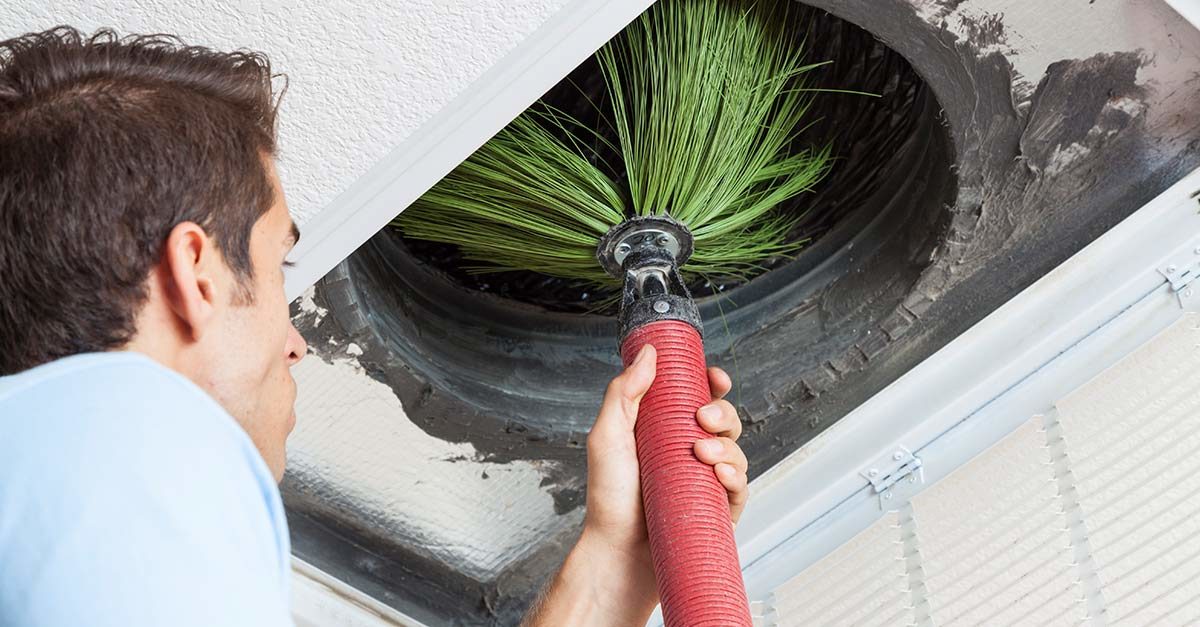Dust is normal in homes or public buildings such as schools, offices, hospitals, etc. However, excessive dust is not typical. If you see a layer of dust settle on surfaces shortly after you finish cleaning, chances are good that one of three factors is responsible.
1. HVAC Filters
A dirty or low-quality heating, ventilation, and air conditioning (HVAC) system is a major cause of excessive dust. If you rarely have your ducts cleaned, dust, debris, and fungi will reside in your HVAC system. This debris clogs HVAC filters, resulting in excessive dust and unhygienic air, which can cause sickness.
The first step in preventing dusty air is to invest in quality HVAC filters with a high minimum efficiency reporting value (MERV) rating to filter microscopic particles of dust. The U.S. Environmental Protection Agency (EPA) advises that you change HVAC filters every two months. Also consider scheduling regular duct cleaning service.
2. Leaky Ducts
Another common cause of excessive dust is leaky ducts. These leaks will not only spread dust throughout your rooms, but also affect the efficiency of your utilities. If you notice vent registers covered with dirt and lint, hot and cold spots in rooms, and high electricity and/or gas bills, chances are good you have a leaky duct.
The best solution for a leaky duct is to hire a professional duct cleaning service provider that provides cleaning of ducted heating systems. The technician will perform a pressure test to determine whether you have a leak. If a leak is found, the provider can provide duct cleaning and sealing. This service will not only reduce dust, but also will save money in the long run through lower utility and janitorial bills.
3. Flooring
Your flooring can also be the culprit behind your excessive dust problem. There is no perfect type of flooring; each has its own pros and cons. However, one benefit carpeting has over hardwood it that it harbors dust, which can be vacuumed. Hardwood floors, on the other hand, allow dust to blow around.
Invest in a good-qualityvacuum with a high efficiency particulate air (HEPA)-rated filter. Microfiber mops and dusters also are good choices for hardwood floor care as they are made with materials specifically designed to attract and trap dust particles. No matter which dusting tool you use, follow a regular cleaning schedule so dust doesn’t get out of hand.
Other factors that can lead to excessive dust include humidity and pet hair. But no matter the reason for dust, the best solutions are regular cleaning and preventative maintenance. A professional ductwork cleaning service can guide you through inspecting your facility’s HVAC system and filters to find the root cause of excessive dust. A trusted service can also provide and advise you with preventive actions such as ducted heating cleaning, filter changes, and vacuuming.



